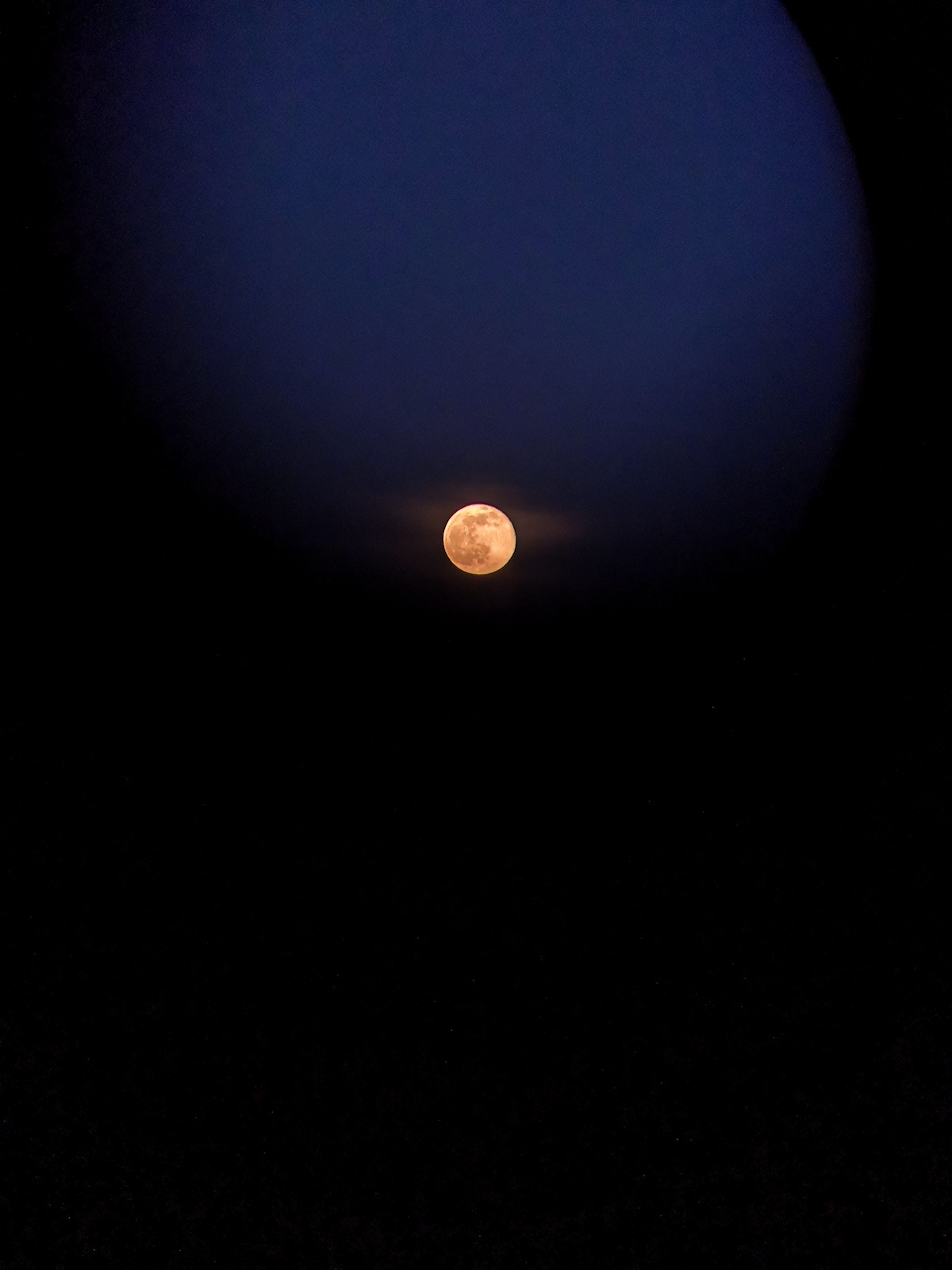With increasingly worrying headlines in the news, I try to think ‘what can I do, what can I say on here, is there a voice I can add?’, recognising, with discomfort, that I have that privilege to be able to question and think and to feel like I can take my time to get to an answer.
First, as a words person, I notice the language being used. For example, as I write this tonight, the headline on BBC is about how satellite imagery shows ‘six fresh craters – likely the entry points for US munitions [at Iran’s Fordo nuclear facility]– as well as grey dust and debris scattered down the mountainside caused by the strikes’. Alongside, there’s the language of ‘boys’ games, reminding me of Battleships: ‘bunker busters’, ‘Operation MIDNIGHT HAMMER’ [in CAPS like that]. There’s the language of politics: the ‘We’re not at war’ acting in the same way as ‘Don’t think of an elephant’.
Next, I go to idealism. My oft-said phrase at home of, ‘Imagine lifeforms from another galaxy arriving on Earth and their inevitable incredulity at how we’re not treating the planet as one sphere, without boundaries or borders’.
After that, I become annoyed with myself for being idealistic, again noticing the privilege in that – as if I wouldn’t be acutely aware of the meaning, geographically and politically, of place, of divisions, of differences, if it were my home country in the headlines.
So then I try to educate myself – tonight with a podcast – all the while wondering whether I’ve chosen the right podcast or if I should have looked outside the familiar reference points of household names.1
And now, with my self-imposed deadline for writing this column, I think of what I can say in this space. Maybe from someone else’s words this time, as my own feel so half-baked.
At the moment I’m reading Orbital by Samantha Harvey, a novel about six astronauts observing the Earth from their spacecraft. I’m just over halfway through, and the last chapter I read has helped with that aftertaste of annoyance I experience when dishing out my ‘no borders / world peace’ idealism. An idealism Harvey’s narrator describes as:
They were warned in their training about the problem of dissonance. They were warned about what would happen with repeated exposure to this seamless earth. You will see, they were told, its fullness, its absence of borders except those between land and sea. You’ll see no countries, just a rolling indivisble globe which knows no possibility of separation, let alone war.
Then the narrator talks about the stages that come next, how before long the astronauts feel the pressing need to protect the planet: ‘Can humans not find peace with one another? With the earth? It’s not a fond wish but a fretful demand.’
Next, a feeling that it would be simpler not to read the news:
The stories a litany of accusation, angst, anger, slander, scandal that speaks a language both too simple and too complex, a kind of talking in tongues, when compared to the single clear, ringing note that seems to emit from the hanging planet they now see each morning when they open their eyes.
I’ve watched and read a fair few things about space – from bestsellers like Chris Hadfield’s An Astronaut’s Guide to Life to obscure vintage space books we used in our research for the Micro Library Books Mars poetry series – and there’s often this idea, the idea that I cling to, of seeing Earth from space and how obvious, unarguably the planet is ‘one’, that single note.
But Harvey’s book2 is the only instance I can think of that both highlights this true nature of borderless beauty whilst also acknowledging the (unfortunately equally true) reality of how people and politics have shaped the planet. She writes:
… one day something shifts. One day they look at the earth and they see the truth. If only politics really were a pantomime. […] Instead they come to see that it’s not a pantomime, or it’s not just that. It’s a force so great that it has shaped every single thing on the surface of the earth that they thought, from here, so human-proof.
This quote flows into a list combining beautiful, cosmic colours with harsh human truths of overfishing, deforestation, changing coastlines, the ‘expanding green-blue geometries of evaporation ponds where lithium is mined from the brine’, and more. As Harvey puts it, the Earth is shaped by ‘human want’ – ‘a planet contoured and landscaped by want’.3
Outside of the novel, and every week brings more satellite imagery of destruction. More things we could add to that list. Two weeks ago: a flattened Gazan neighbourhood. Today: craters from strikes.4
Of course, here on Earth, there’s not the opportunity to fully experience that astronaut’s perspective, but I have been trying to hold these thoughts in mind, and for now, that’s what I have to share.

The podcast I listened to was Dan Snow's History Hit: Iran & Israel: Allies to Enemies: https://shows.acast.com/dansnowshistoryhit/episodes/iran-israel-allies-to-enemies
It was Independent Bookshop Day this week, so, if you are moved to buy Orbital, I urge you to get a copy locally at your independent store, or to use https://uk.bookshop.org/ to, as their tagline states, ‘keep indie bookshops thriving’. Also: keep libraries thiving – I’m sure your local library will have a copy too. Oh, and do bear in mind that this isn’t (yet) a full recommendation of the book – remember I’m only halfway through – but it did win the Booker Prize, which I imagine may be even more valuable than my endorsement.
All quotes from Samantha Harvey, Orbital, published by Jonathan Cape (2023), pages 72–75.
The sources for these are: https://www.bbc.co.uk/news/live/c7v79l4170pt?post=asset%3A7a801d47-388f-41ca-996c-c47e6d7a4048#post and https://www.bbc.co.uk/news/live/c7v79l4170pt?post=asset%3A7a801d47-388f-41ca-996c-c47e6d7a4048#post

Moving and thought-provoking - thank you.